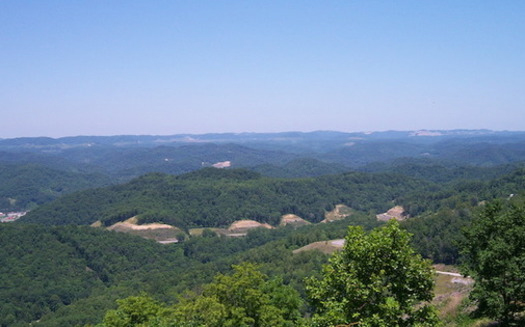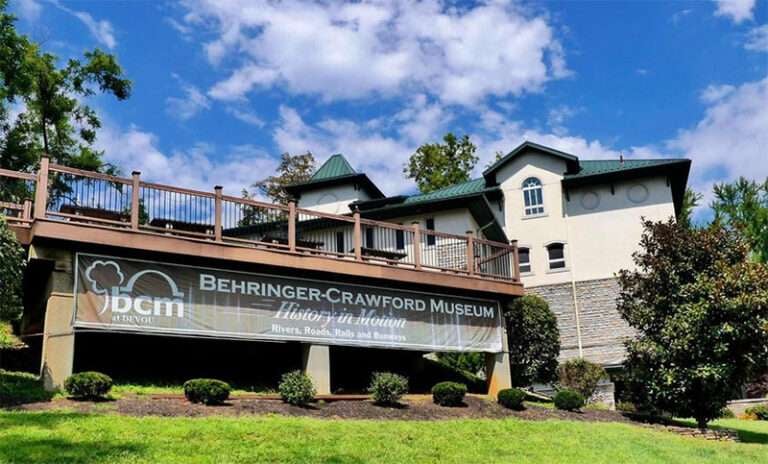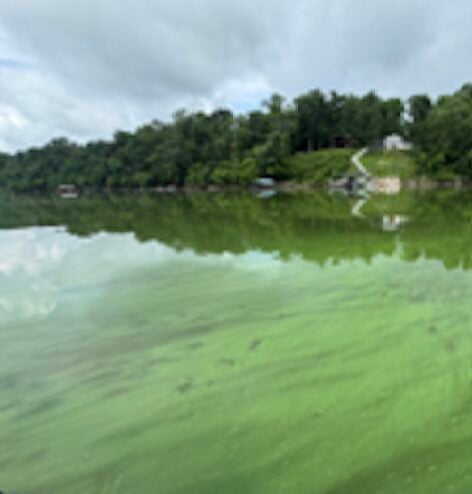By Nadia Ramlagan
Public News Service
A more than $500 million proposed federal prison project, which would sit on a former coal mine site in Letcher County, is receiving a renewed push by Kentucky Representative Hal Rogers.
Rogers inserted language into the latest House appropriations bill to fast-track construction of a 1,400-bed federal prison.

Dr. Artie Ann Bates, a member of the group Concerned Letcher Countians, said the majority of residents do not want another correctional facility, especially one requiring building a new water and sewer treatment plant. She argued residents and small businesses could instead use the funding to jump-start local economies.
“There’s absolutely no reason to build another new prison and put it in a super remote area with no infrastructure that currently doesn’t have the population to staff it,” Bates contended. “And then also, we had this major flood last year, and our county has not recovered from that.”
The proposed Federal correctional facility and prison camp would be the fourth federal prison to be built in Eastern Kentucky’s 5th congressional district, and one of the most expensive. The Federal Bureau of Prisons said the prison would help meet the ongoing need for modern federal correctional facilities and infrastructure in the nation’s mid-Atlantic region.
Emily Posner, general counsel for the group Voice of the Experienced, said the language change would allow the prison to move forward without fully going through the National Environmental Policy Act process. She pointed out residents would no longer be able to participate in the regulatory process by commenting and providing suggestions, and reviewing the project’s environmental impact statement.
“To remove our right to seek judicial review of the environmental impact statement is just such an undemocratic move in the Appropriations Subcommittee,” Posner emphasized. “It’s just really shocking.”
Posner added similar to the language in the debt ceiling bill passed this year to greenlight construction of the Mountain Valley Pipeline, the change would effectively squash any legal attempt to challenge the building of the prison.
“The other thing that section 219 does is, it strips citizens the right to sue an agency or, in this case, to sue the Bureau of Prisons, by seeking judicial review in the courts to make sure that the environmental impact statement actually complies with NEPA,” Posner stressed.
According to research by the Kentucky Center for Economic Policy, three federal prisons built in nearby Clay, Martin and McCreary counties had no impact on economic development, and long-standing problems have continued or even worsened two to three decades after the federal prisons opened.

















